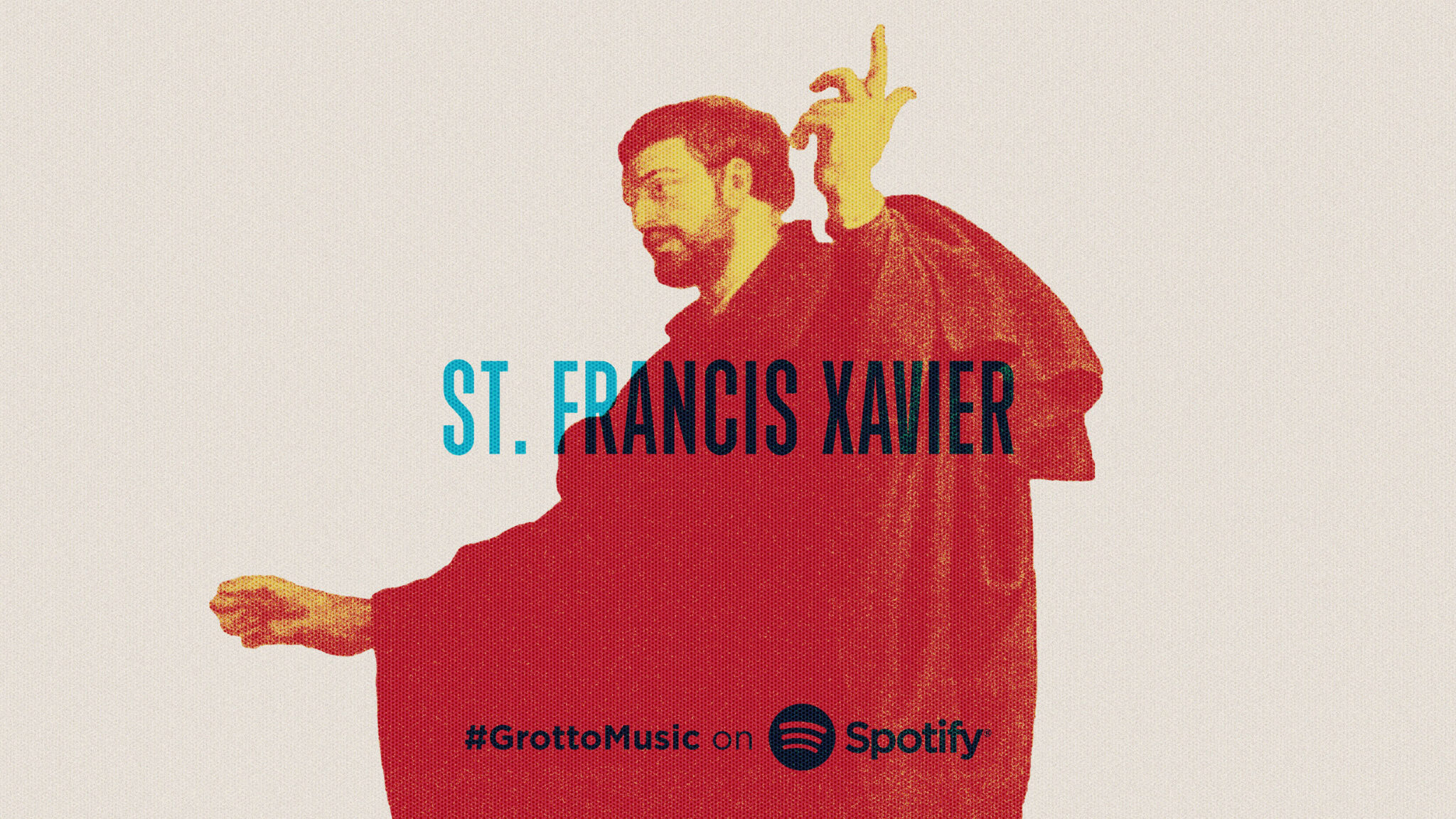.jpg)
“Don’t let it steal your peace.” I have received this advice many times while navigating difficult situations. But for those of us who are neurodivergent or struggle with some degree of mental illness, this is easier said than done.
For me, conflict sparks the urge to run away, avoid, obsess, or descend into a wallowing spiral. None of these exactly cultivate a peaceful interior life, so I’ve had to work on building habits that help reclaim an inner calm. I don’t think I’ve mastered it yet, but I have learned some surefire ways to help build healthy boundaries and reclaim my peace.
Take a minute (and maybe take a walk)
A sudden message from your boss asking for a solution to a problem. A last-minute text to an event that’s sure to trigger your social anxiety. We live in a world with an implied expectation to respond immediately, but allow me to let you in on a secret: You don’t have to. It is okay to say (even if it’s just to yourself), “I don’t have an answer right now, but let me think about it and come back in a bit.” Unless it’s a life or death situation, guess what — the world will not collapse if you take a couple minutes to breathe and think things through. In fact, your boss or friend might even appreciate your thoughtfulness.
The same is true if you have to walk away from a difficult meeting or a tough conversation with a spouse. These situations are emotionally draining, and while it’s tempting to continue to mull over what was said, sometimes the best response is to physically leave the room or building and go for a walk. Clear your mind and refresh yourself so the stressful event doesn’t cast a shadow on your entire day.
Basically, do nothing
I know that when I’m anxious, my mind really loves to fixate on the problem. It’s very easy to fall into the trap of allowing a stressor to occupy your thoughts for hours or even days, trying to come up with a solution. But surprisingly, one of the best things we can do for our mind is to give it the space to stop thinking.
There are a number of articles where medical professionals boast the benefits of “nothing time.” Doing essentially “nothing” has many mental and physical health benefits, including decreasing stress. But doing “nothing” also helps us become more compassionate and creative, as well as better problem-solvers.
So, how do we “do nothing”? Well, scrolling on Instagram or binging Netflix doesn’t count. It’s highly encouraged that we unplug in order to truly reap the benefits of giving our brains a break. Instead, sit on your porch with a cup of coffee. Allow yourself to daydream. Partake in a mind-freeing activity like knitting or painting. Giving yourself a mental rest will help you soothe anxious thoughts, cultivate feelings of peace, and allow your subconscious to work out the problem.
They’ll be there for you! (The one about friends)
I know from experience that withdrawal is not the best tactic when I’m struggling with something. It’s hard to ask for help and say, “I’m not okay.” Vulnerability opens our hearts to being hurt, yes, but it also opens our hearts to receiving more love, and even healing!
Find a trustworthy and empathetic friend and go to them, even when (especially when) you are going through a hard time. Seeing my friends’ love for me when I feel at my worst reinforces the conviction that I’m worthy of love. And feeling worthy of love will undoubtedly strengthen your peace.
Nothing to be ashamed of: talking with a professional
Unfortunately, there is still a real stigma surrounding therapy. Even though I have greatly benefited from therapy myself, I still feel some shame that I don’t always have it all together.
I once had a friend tell me, “When you have a flare-up of an old injury, you go to the doctor or extend your physical therapy. Why then are we so afraid to seek help when we have a mental ‘flare-up’ as well?”
Having a therapist or psychologist give us the tools to face our struggles is incredibly empowering. As we learn how to take care of ourselves, we become stronger and more confident in handling whatever life throws our way. That’s not to say that seeking healing for mental illness isn’t grueling, but through that hard work, we learn more about ourselves and what we need to cultivate peace in our lives.
Remember the one who loves you
Above all else, remember the God who created you out of love. It can be tempting to think, “Well, perhaps this is just my cross in life.” However, God desires your healing and your peace.
After Jesus’ Resurrection, he told his disciples three times, “Peace be with you.” I think it’s noteworthy that he said this to the eleven people closest to him. When we draw close to God, we too can receive his peace.
One of the best prayers to help us grow closer to the Lord and understand his desire for peace is the Litany of Trust. Through phrases asking for deliverance from discouragement, excessive preoccupation, and anxiety about the future, we remind our souls that they weren’t made for these — they were made for peace. By trusting in Jesus that he is steadfastly holding and sustaining us, we encounter the depth of the mercy and love of God. “That You always hear me and in Your goodness always respond to me, Jesus, I trust in you.”






















